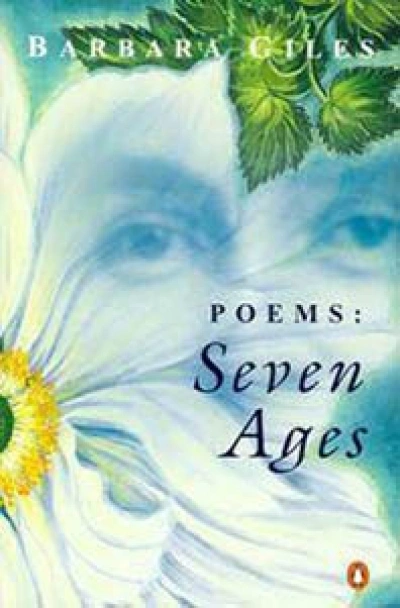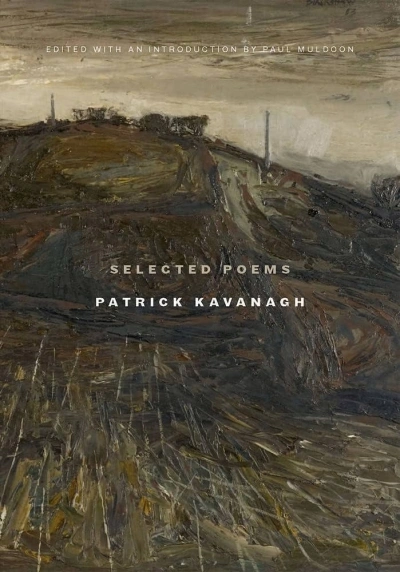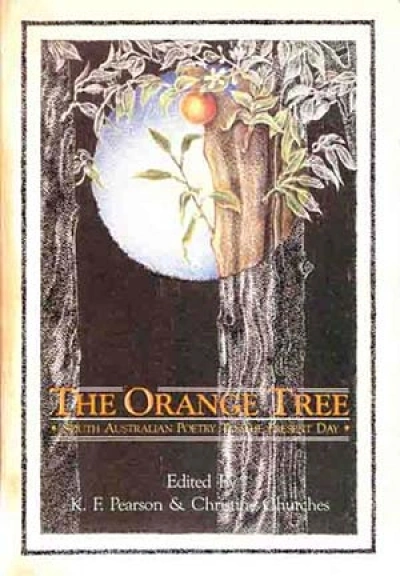Barbara Giles
Poem of Thanksgiving and Other Poems edited by Paul Kavanagh & Poems Selected From The Australian’s 20th Anniversary’ edited by Judith Rodriguez and Andrew Taylor
The Orange Tree: South Australian poetry to the present day edited by K.F. Pearson and Christine Churches
Judith Rodriguez reviews 'Earth and Solitude' by Barbara Giles, 'Abruptly from the Flatlands' by Joyce Lee, and 'Re: The National Neurosis: Ockers' by Π.O.
Pariah Press is a brave new enterprise. A group of Melbourne poets have decided on the often-mentioned but rarely attempted co-operative method of publication. Barbara Giles and Joyce Lee are the first with books under Pariah’s deceptively humble imprint.
Giles is well known as the chief Editor, till recently, of Luna magazine, but the author of racy and successful nonsense verse and stories for children; Giles and Lee both have a small previous collection – Eve Rejects Apple (1978) and Poems from the Wimmera (in Sisters Poets I, 1979). Their new collections – Giles's Earth and Solitude (Pariah Press, 56 p., $5.95) and Lee's Abruptly from the Flatlands (Pariah Press, 57 p., $5.95) – give them room for variety and each strikes out in a fresh direction.
... (read more)Barbara Giles reviews 'The Most Beautiful World' by Rodney Hall, 'Tide Country' by Vivian Smith, 'Heaven of Rags' by Gary Catalano, and 'Song of the Humpbacked Whales' by Jill Hellyer
The Most Beautiful World is somewhat of a conundrum at first look. I spent a long time trying to penetrate the surface of this latest book of poetry by Rodney Hall. I had just been reading his exciting, original, and well-sustained novel Just Relations, I guess I was looking for the same excitement here. It didn’t arrive on schedule.
... (read more)







